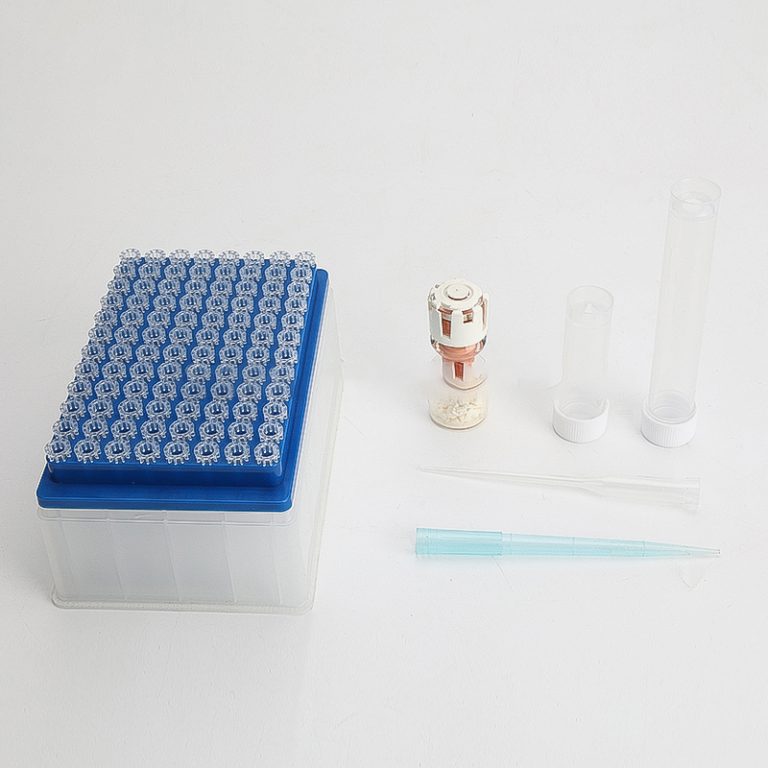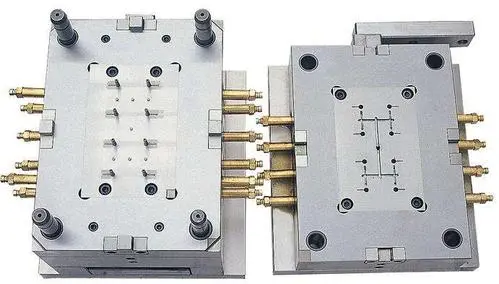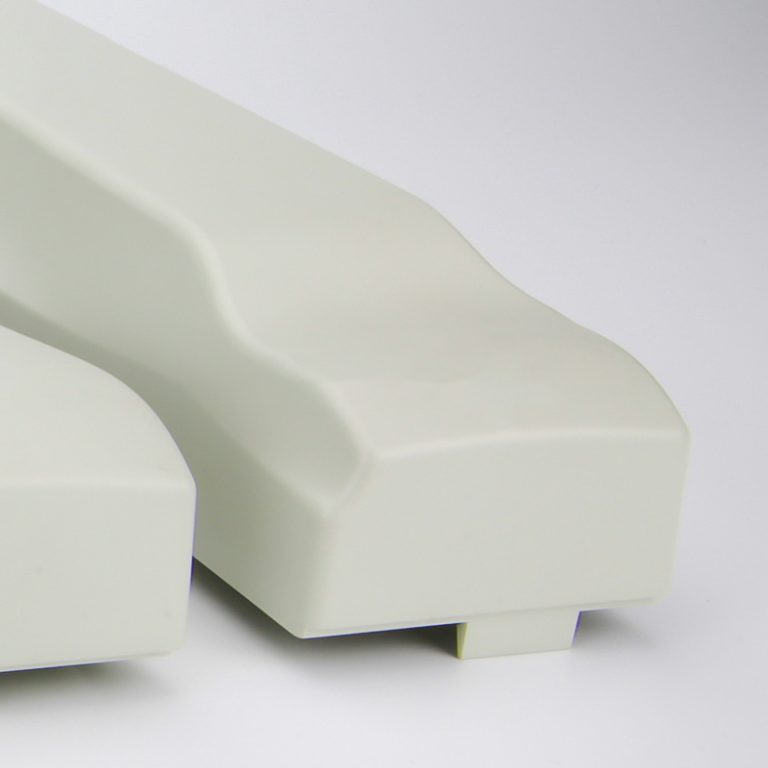Table of Contents
The Impact of Plastic Components on Fuel Systems in Poland
Plastic components have become an integral part of fuel systems in Poland, revolutionizing the way these systems operate. The use of plastic in fuel systems has brought about numerous benefits, including increased efficiency, reduced weight, and improved durability. This article will explore the impact of plastic components on fuel systems in Poland and how they have transformed the industry.
One of the key advantages of using plastic components in fuel systems is their lightweight nature. Compared to traditional metal components, plastic parts are significantly lighter, which can lead to improved fuel efficiency. This is particularly important in a country like Poland, where fuel prices are relatively high. By incorporating plastic components into fuel systems, manufacturers can help drivers save money on fuel costs while also reducing their carbon footprint.
In addition to being lightweight, plastic components are also highly durable. They are resistant to corrosion, rust, and other forms of degradation that can occur with metal parts. This means that fuel systems with plastic components are less likely to experience leaks or other issues that can lead to costly repairs. In a country like Poland, where harsh winters and road conditions can take a toll on vehicles, the durability of plastic components is a significant advantage.
Furthermore, plastic components are easier and cheaper to manufacture than metal parts. This can lead to cost savings for manufacturers, which can then be passed on to consumers. In a competitive market like Poland, where consumers are always looking for the best value for their money, this can give manufacturers a significant edge. By using plastic components in fuel systems, manufacturers can offer high-quality products at competitive prices, attracting more customers and increasing their market share.
Another benefit of plastic components in fuel systems is their versatility. Plastic can be molded into virtually any shape or size, allowing for greater design flexibility. This means that manufacturers can create fuel systems that are more compact and efficient, saving space under the hood and improving overall vehicle performance. In a country like Poland, where urban areas are densely populated and parking spaces are limited, the compact design of fuel systems with plastic components can be a major selling point for consumers.
Despite these advantages, there are some challenges associated with using plastic components in fuel systems. One of the main concerns is the potential for plastic parts to degrade over time when exposed to high temperatures and pressures. To address this issue, manufacturers in Poland are constantly researching and developing new materials that are more resistant to heat and pressure, ensuring the longevity of plastic components in fuel systems.
Overall, the impact of plastic components on fuel systems in Poland has been overwhelmingly positive. From increased efficiency and durability to cost savings and design flexibility, plastic components have transformed the way fuel systems operate in the country. As technology continues to advance and new materials are developed, the future looks bright for plastic components in fuel systems in Poland.
Advancements in Plastic Component Technology for Fuel Systems in Poland
Advancements in Plastic Component Technology for Fuel Systems in Poland

In recent years, the automotive industry has seen a significant shift towards the use of plastic components in fuel systems. This shift is driven by the need for lightweight, durable, and cost-effective materials that can meet the stringent requirements of modern vehicles. Poland, in particular, has emerged as a key player in the development and production of plastic components for fuel systems.
One of the main advantages of using plastic components in fuel systems is their lightweight nature. Compared to traditional metal components, plastic parts are much lighter, which can help improve fuel efficiency and reduce emissions. This is especially important in today’s environmentally conscious world, where reducing carbon footprint is a top priority for many automakers.
Furthermore, plastic components are also highly durable and resistant to corrosion. This makes them ideal for use in fuel systems, where they are exposed to harsh chemicals and extreme temperatures. Plastic parts can withstand these conditions without deteriorating, ensuring the longevity and reliability of the fuel system.
| our services | size |
| one-stop services | customization |
Poland has been at the forefront of developing advanced plastic component technology for fuel systems. The country boasts a strong manufacturing sector with a skilled workforce that is capable of producing high-quality plastic parts. Polish companies have invested heavily in research and development to create innovative solutions for the automotive industry.
One of the key advancements in plastic component technology for fuel systems in Poland is the use of advanced materials such as polyamide and polyethylene. These materials offer superior strength, durability, and chemical resistance, making them ideal for use in fuel systems. Polish manufacturers have perfected the process of molding these materials into complex shapes and designs, allowing for greater flexibility in component design.
Another important development in plastic component technology for fuel systems is the use of advanced manufacturing techniques such as injection molding. This process allows for the production of high-precision parts with tight tolerances, ensuring a perfect fit and seal in the fuel system. Polish manufacturers have invested in state-of-the-art injection molding equipment to meet the demanding requirements of the automotive industry.
In addition to advancements in materials and manufacturing techniques, Polish companies are also focusing on sustainability and environmental responsibility. Many manufacturers in Poland are using recycled plastics in the production of fuel system components, reducing waste and minimizing the environmental impact of their operations. This commitment to sustainability has helped Poland establish itself as a leader in green manufacturing practices.
Overall, the advancements in plastic component technology for fuel systems in Poland have revolutionized the automotive industry. With lightweight, durable, and cost-effective plastic parts, automakers can now design fuel systems that are more efficient, reliable, and environmentally friendly. Polish manufacturers continue to push the boundaries of innovation, driving the industry forward and setting new standards for quality and performance.
In conclusion, the use of plastic components in fuel systems has become a game-changer for the automotive industry. Poland’s expertise in plastic component technology has positioned the country as a key player in this field, with advanced materials, manufacturing techniques, and a commitment to sustainability driving innovation and growth. As the demand for lightweight, durable, and cost-effective fuel system components continues to rise, Poland is well-equipped to meet the needs of the industry and lead the way towards a greener, more efficient future.




